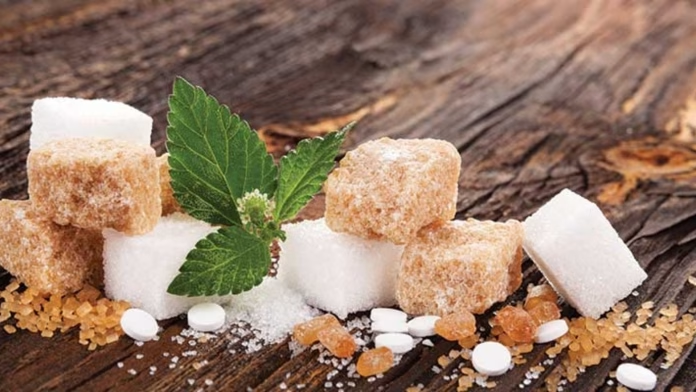In recent years, the rising concerns about the detrimental effects of excessive sugar consumption on health have led to a surge in interest in plant-based sweeteners and sugar substitutes. These alternatives claim to provide the sweetness we crave while offering purported health benefits. However, amidst the marketing hype and conflicting information, it is crucial to uncover the truth behind these alternatives. In this article, we delve into the scientific evidence and seek revelations from health experts to determine whether plant-based sweeteners and sugar substitutes are genuinely healthy.
Understanding the Impact of Excessive Sugar Consumption on Health:
Before diving into alternatives, it is essential to grasp the consequences of excessive sugar intake. Overconsumption of refined sugars is linked to numerous health issues, including obesity, type 2 diabetes, dental problems, cardiovascular diseases, and even an increased risk of cancer. The World Health Organization (WHO) and other health organizations have issued recommendations to reduce added sugar intake to improve overall health.
The Appeal of Plant-Based Sweeteners:
Plant-based sweeteners, such as stevia, monk fruit extract, and erythritol, have gained popularity due to their natural origins and lower caloric content compared to traditional sugar. Stevia, extracted from the leaves of the Stevia rebaudiana plant, contains steviol glycosides that provide its sweet taste. Monk fruit extract, derived from the monk fruit (also known as Luo Han Guo), contains mogrosides with sweetening properties. Erythritol, a sugar alcohol, is found naturally in fruits like grapes and pears.
Examining the Health Claims:
Health experts have examined the potential benefits and risks of these plant-based sweeteners. While they are considered safe for most people when consumed in moderation, some individuals may experience gastrointestinal discomfort, especially with sugar alcohols like erythritol. Additionally, studies have shown that consuming these sweeteners in large quantities may still lead to a preference for sweet tastes, which can undermine efforts to reduce overall sugar intake.
Impact on Blood Sugar Levels:
One of the primary attractions of plant-based sweeteners is their minimal impact on blood sugar levels, making them appealing to individuals with diabetes or those looking to manage their sugar intake. Stevia and monk fruit extract, for instance, have a negligible effect on blood glucose levels. However, research indicates that erythritol, despite being a sugar alcohol, is not fully absorbed by the body, resulting in minimal blood sugar spikes.
Artificial Sweeteners: Friend or Foe?
Apart from plant-based sweeteners, artificial sweeteners like aspartame, saccharin, sucralose, and acesulfame potassium are widely used as sugar substitutes. These synthetic alternatives have been the subject of intense scrutiny. Health experts agree that, when consumed within acceptable daily intake levels, artificial sweeteners are generally safe for most people. They provide sweetness without contributing to calorie intake and can be beneficial for weight management and diabetes control.
Long-Term Health Concerns:
Despite their safety, concerns about the long-term health effects of artificial sweeteners have emerged. Some studies suggest that frequent consumption of certain artificial sweeteners may affect gut health, alter the gut microbiota, and potentially lead to metabolic disturbances. However, more research is needed to establish concrete links between artificial sweeteners and these potential health issues.
The Role of Moderation:
The key to enjoying plant-based sweeteners and artificial sweeteners is moderation. While they can serve as valuable tools for reducing sugar intake and managing health conditions like diabetes, relying solely on these alternatives without addressing the root cause of sugar cravings and dietary habits may not be a sustainable solution.
Final Thoughts:
Plant-based sweeteners and sugar substitutes can be valuable tools for reducing sugar consumption and managing certain health conditions. They offer sweetening properties with fewer calories and a lower impact on blood sugar levels. However, they are not a one-size-fits-all solution, and moderation is essential to avoid potential gastrointestinal discomfort or preference for sweet tastes.
As with any dietary choices, it is crucial to consult with health experts, especially for individuals with specific health conditions or concerns. Ultimately, achieving a balanced and healthy diet involves a holistic approach, which includes mindful consumption of sweeteners, a focus on whole, nutrient-dense foods, and an overall lifestyle that promotes well-being.





